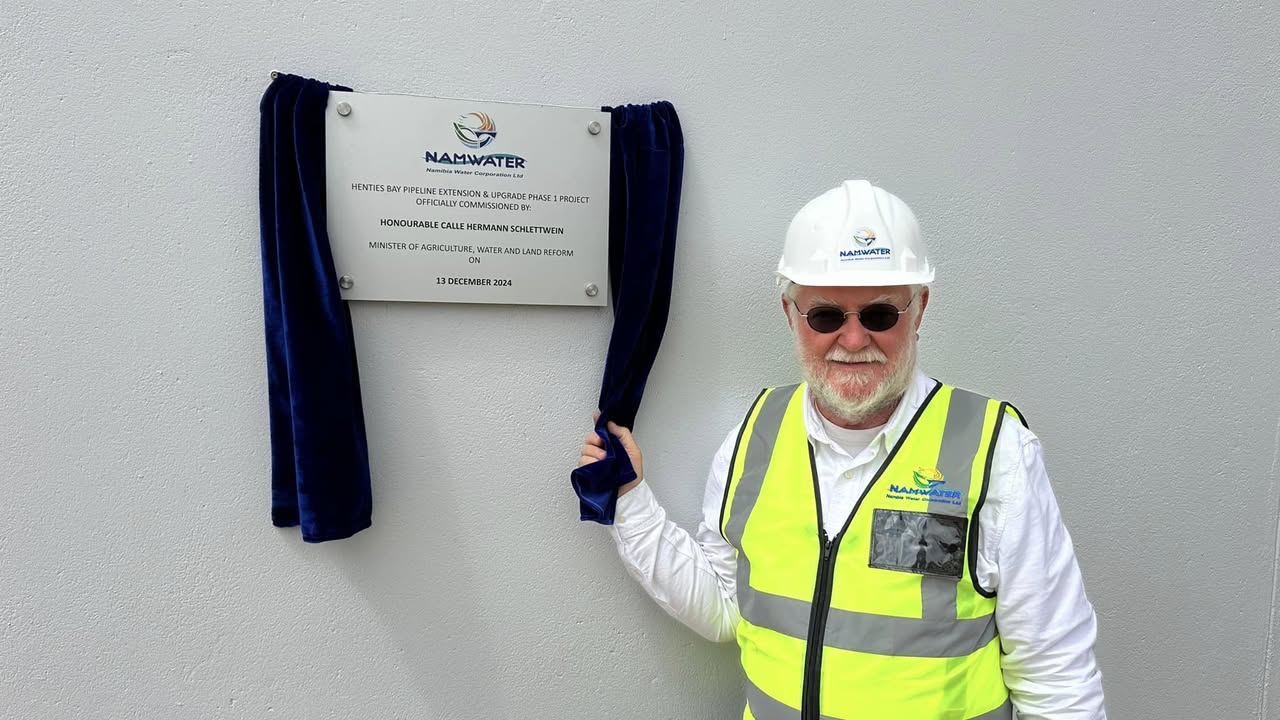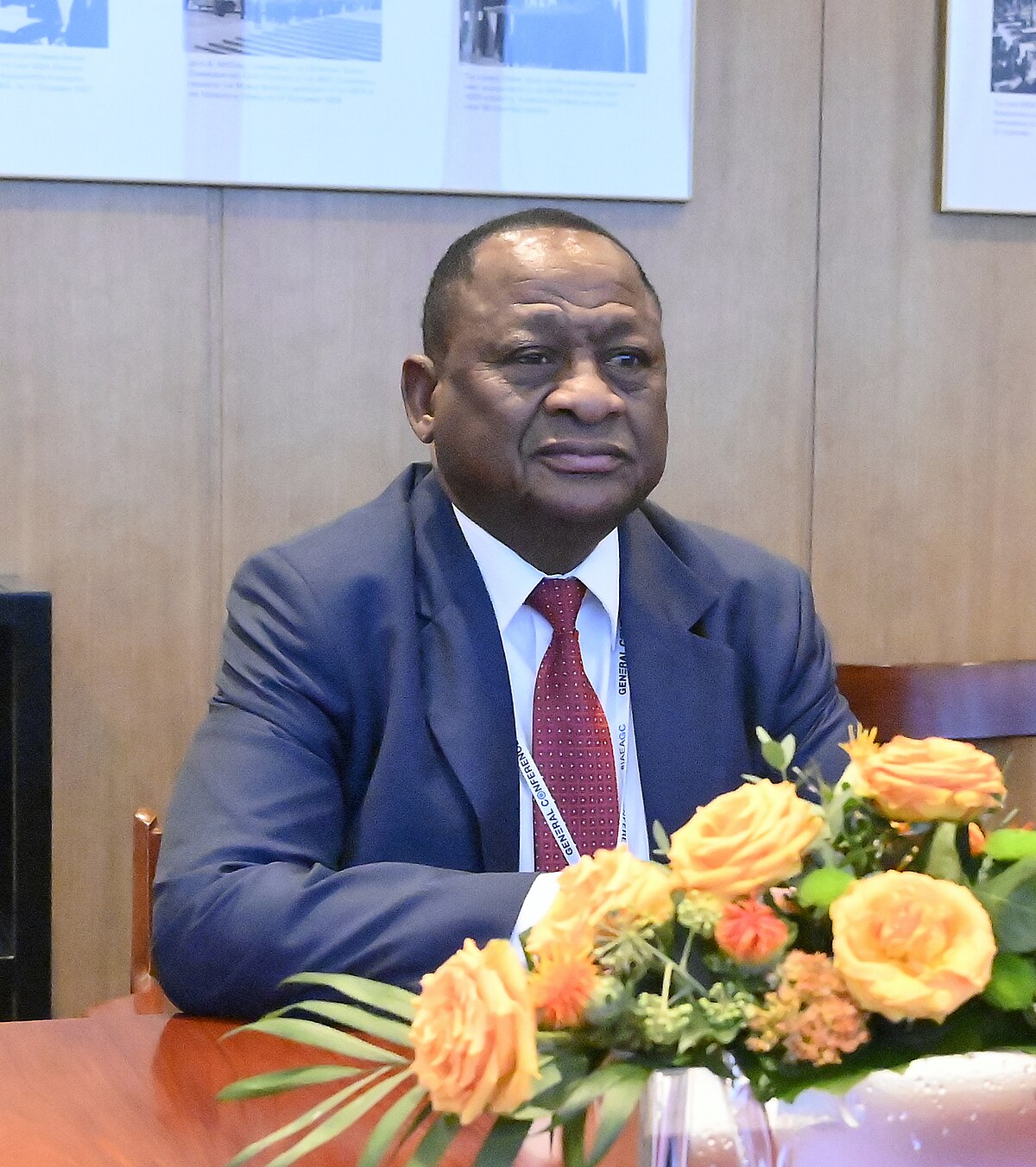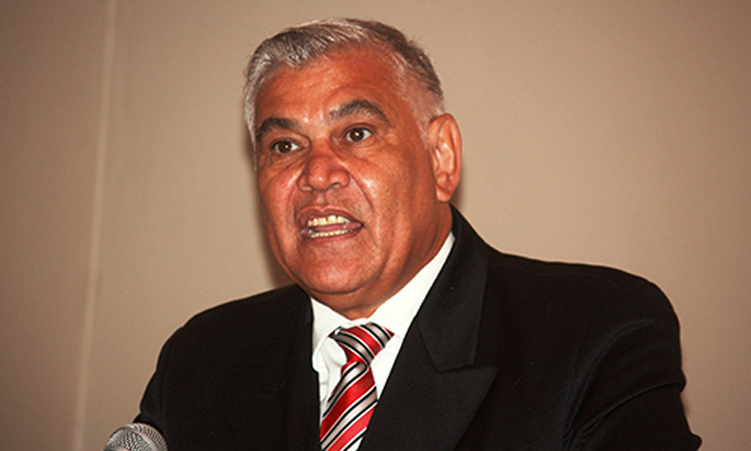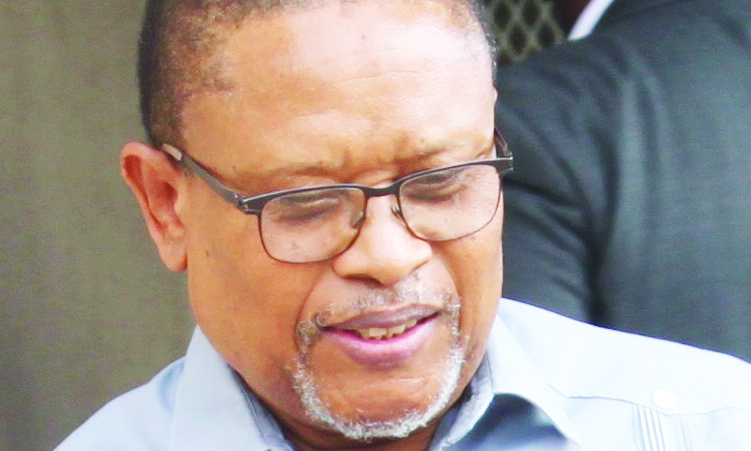HEILIGENDAMM – World leaders agreed on Friday a US$60 billion (N$420 billion) pledge to fight AIDS and other killer diseases ravaging Africa and restated broader promises to double development spending.
“We are aware of our responsibilities and will fulfil our obligations,” German Chancellor Angela Merkel, hosting Group of Eight leaders, told reporters on the final day of the summit. Campaigners complain that rich nations have fallen behind on commitments made to double development aid at a summit in 2005 in Gleneagles, Scotland.Many were unimpressed with the deal.US President George W Bush missed some of the morning sessions at the summit because of a stomach ailment.His condition was not serious, a White House official said.Leaders agreed to earmark US$60 billion to fight AIDS, malaria and tuberculosis, global diseases that have devastated African peoples and their economies.But the declaration set out no specific timetable, saying the money would flow “over the coming years”.Neither did it break down individual countries’ contributions.Campaigners for Africa say the pledge is made up largely of money which has already been announced, including US$30 billion from the United States.”While lives will be saved with more money for AIDS, this represents a cap on ambition that will ultimately cost millions more lives,” said Steve Cockburn of the Stop AIDS Campaign.FALLING SHORT He said the pledge falls short of UN targets which oblige G8 nations to spend US$15 billion per year to combat AIDS alone through to 2010.In comparison, the deal looks like committing them to about US$12 billion per year for all three diseases.Leaders also reiterated an overall pledge made in 2005 to raise annual aid levels by US$50 billion by 2010, US$25 billion of which is for Africa.”The important thing is that we have recommitted ourselves to all the commitments we made a couple of years ago,” said British Prime Minister Tony Blair who hosted the 2005 meeting.Campaigners were not convinced.”Despite last minute face saving measures, the G8 has failed its credibility test on Africa,” said Collins Magalasi, ActionAids’s country director for South Africa.Blair and Merkel stressed they expect African leaders to fight corruption and boost transparency so donors can track aid as leaders of six African nations joined the G8 heads on Friday for their discussion on aid.KOSOVO DEADLOCK Major powers were deadlocked on a compromise on the breakaway Serbian province of Kosovo with Russia resisting the terms of a French plan to delay a UN vote on its independence.Russia is opposing Western efforts to adopt a UN resolution that would clear the way for independence and Sarkozy has suggested a six-month delay in any vote to find more time for a deal.French President Nicolas Sarkozy said Russia, in overnight talks among G8 leaders’ advisers, had not agreed to the proposal of a delay in return for recognising “the unavoidable prospect” of independence for Kosovo.Officials were also discussing Iran and were likely to confirm plans to back “further measures” – in other words more UN sanctions – against Tehran if it continues to reject UN demands to halt uranium enrichment in its nuclear programme.G8 leaders at the summit agreed on Thursday to pursue “substantial” cuts in greenhouse gases to combat global warming.(Additional reporting by Katherine Baldwin and Alex Ratz)Nampa-ReutersCampaigners complain that rich nations have fallen behind on commitments made to double development aid at a summit in 2005 in Gleneagles, Scotland.Many were unimpressed with the deal.US President George W Bush missed some of the morning sessions at the summit because of a stomach ailment.His condition was not serious, a White House official said.Leaders agreed to earmark US$60 billion to fight AIDS, malaria and tuberculosis, global diseases that have devastated African peoples and their economies.But the declaration set out no specific timetable, saying the money would flow “over the coming years”.Neither did it break down individual countries’ contributions.Campaigners for Africa say the pledge is made up largely of money which has already been announced, including US$30 billion from the United States.”While lives will be saved with more money for AIDS, this represents a cap on ambition that will ultimately cost millions more lives,” said Steve Cockburn of the Stop AIDS Campaign.FALLING SHORT He said the pledge falls short of UN targets which oblige G8 nations to spend US$15 billion per year to combat AIDS alone through to 2010.In comparison, the deal looks like committing them to about US$12 billion per year for all three diseases.Leaders also reiterated an overall pledge made in 2005 to raise annual aid levels by US$50 billion by 2010, US$25 billion of which is for Africa.”The important thing is that we have recommitted ourselves to all the commitments we made a couple of years ago,” said British Prime Minister Tony Blair who hosted the 2005 meeting.Campaigners were not convinced.”Despite last minute face saving measures, the G8 has failed its credibility test on Africa,” said Collins Magalasi, ActionAids’s country director for South Africa.Blair and Merkel stressed they expect African leaders to fight corruption and boost transparency so donors can track aid as leaders of six African nations joined the G8 heads on Friday for their discussion on aid.KOSOVO DEADLOCK Major powers were deadlocked on a compromise on the breakaway Serbian province of Kosovo with Russia resisting the terms of a French plan to delay a UN vote on its independence.Russia is opposing Western efforts to adopt a UN resolution that would clear the way for independence and Sarkozy has suggested a six-month delay in any vote to find more time for a deal.French President Nicolas Sarkozy said Russia, in overnight talks among G8 leaders’ advisers, had not agreed to the proposal of a delay in return for recognising “the unavoidable prospect” of independence for Kosovo.Officials were also discussing Iran and were likely to confirm plans to back “further measures” – in other words more UN sanctions – against Tehran if it continues to reject UN demands to halt uranium enrichment in its nuclear programme.G8 leaders at the summit agreed on Thursday to pursue “substantial” cuts in greenhouse gases to combat global warming.(Additional reporting by Katherine Baldwin and Alex Ratz) Nampa-Reuters
Stay informed with The Namibian – your source for credible journalism. Get in-depth reporting and opinions for
only N$85 a month. Invest in journalism, invest in democracy –
Subscribe Now!






